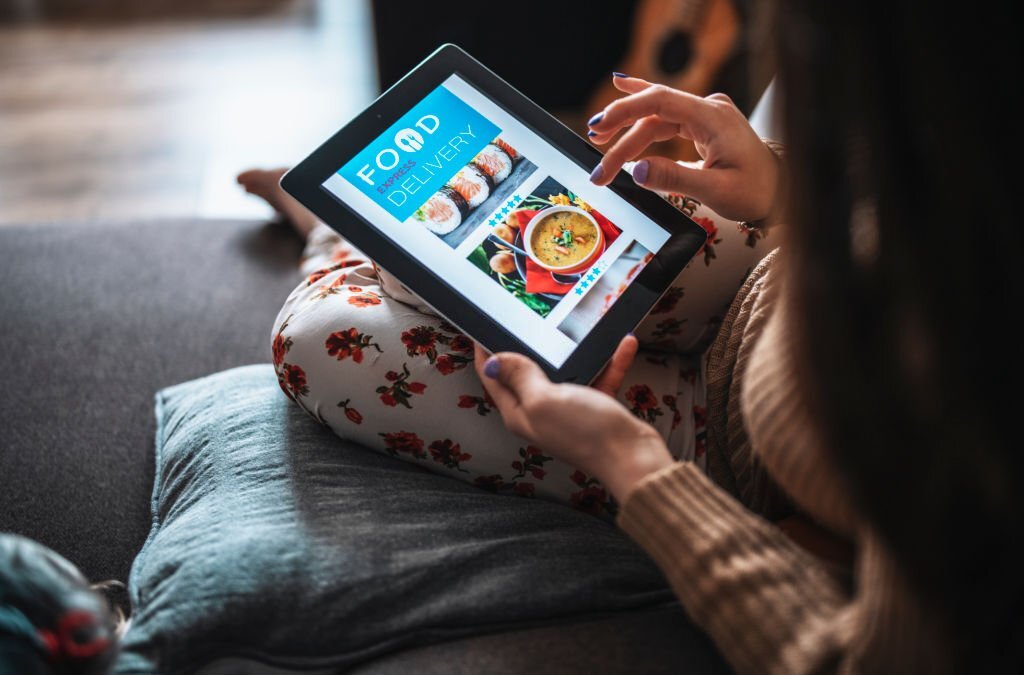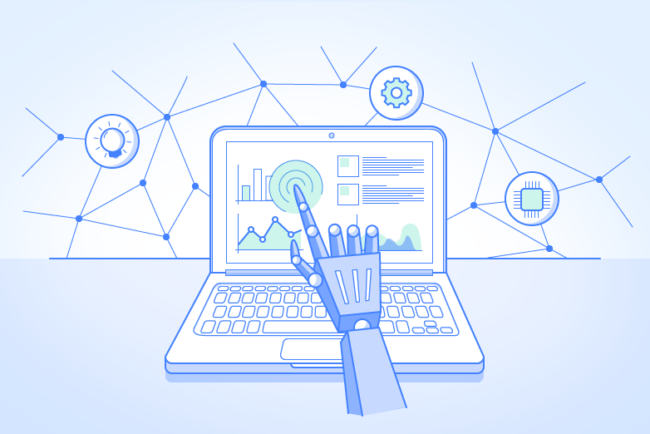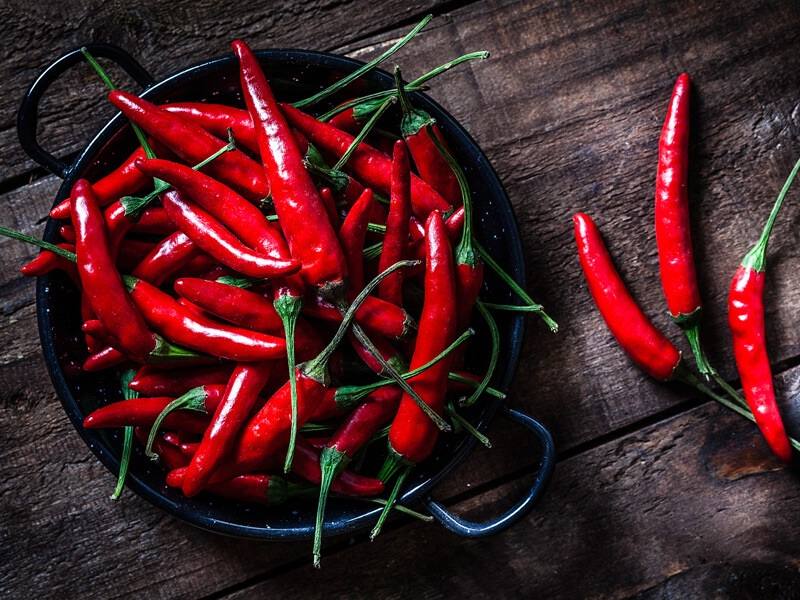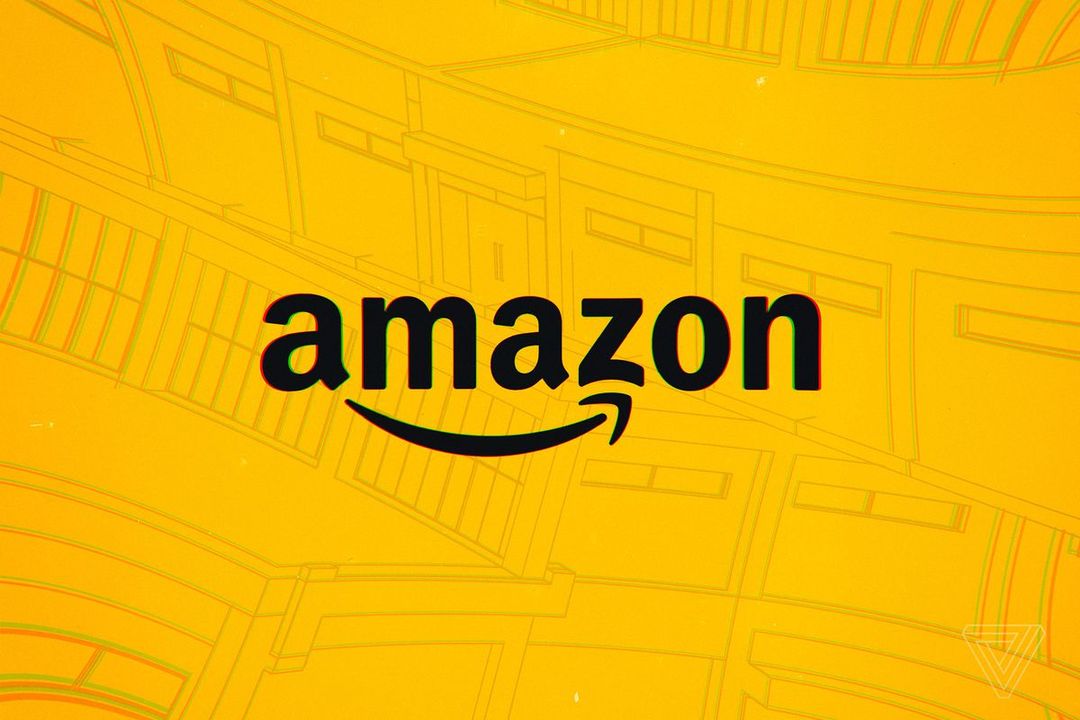Engaging with customers has become more convenient for food companies than ever before. Online food delivery sales are expected to reach $220 billion by 2023, which accounts for 40% of total restaurant sales, the opportunity for growth in this area is vast. Additionally, the online grocery market, currently with $24 billion, is expected to skyrocket to $120 billion by 2025, as predicted by Deutsche Bank.
The Covid-19 pandemic had a significant impact on the food and grocery delivery industry. It accelerates growth on a global scale. This expectation has been made possible by the increasing variety of delivery models available.
Types of Food Delivery Industry in the USA
Online food delivery sales in the United States are projected to reach $38 billion by 2025, up from $19 billion in 2019. The growth of food delivery in the United States with a 150% increase in food delivery app downloads in 2020.
When it comes to the United States, food delivery app has become increasingly popular. People enjoy meals from their favorite restaurants without leaving their homes. There are several types of food delivery services that are commonly offered. It includes on-demand delivery, third-party delivery services, and delivery partnerships between restaurants and delivery companies.
On-Demand Delivery
Certainly, on-demand delivery refers to the convenience to order food delivery at any time through a mobile app or Website. The concept of on-demand delivery has been made possible by the advent of technology and the rise of food delivery platforms and apps. Customers can browse menus, place orders, and make payments seamlessly through these platforms. Then drivers pick up the food from the restaurant and deliver it directly to the customer’s doorstep.
Third-Party Delivery Services
Third-party delivery services are companies that offer food delivery services on behalf of restaurants. They don’t have their own delivery infrastructure. Essentially, they act as intermediaries between restaurants and customers, providing a platform for ordering food and coordinating the delivery process.
These services have become popular because they offer a convenient and efficient way for customers to order food from a variety of restaurants, without the need for each restaurant to have its own fleet of delivery drivers. The third-party delivery services employ their own drivers, who pickup up the food from the restaurant and delivery it to the customer’s doorstep. In the food industry, these services are becoming more and more common. Examples of third-party services include Uber Eats, Grubhub, and Doordash.
Delivery Partnerships
Delivery partnerships are collaborative agreements forged between restaurants and delivery companies to provide seamless delivery services to customers. These partnerships create a mutually beneficial arrangement where restaurants can leverage the delivery expertise and infrastructure of the delivery companies to expand their reach and offer convenient food delivery options.
In these partnerships, restaurants, and delivery companies join forces to streamline the entire delivery process. The restaurants prepare delicious meals while the delivery companies handle the logistics of transportation, ensuring that the food reaches the customers’ doorsteps in a timely manner.
Ghost Kitchens
Ghosts kitchens, also known as virtual kitchens, are culinary hubs designed exclusively for food delivery operations, where multiple restaurants collaborate and share a common kitchen space. Think of ghost kitchens as behind-the-scenes culinary laboratories bustling with activity. They provide a dedicated environment where restaurants can focus solely on preparing delicious meals for delivery without the need for a physical dining area. These kitchens are typically equipped with state-of-art cooking equipment, professional chefs, and efficient workflows optimized for high-volume production.
Unlike traditional restaurants, ghost kitchens eliminate the need for extensive front-of-house areas, seating arrangements, and other amenities associated with dine-in experiences. Instead, their sole purpose is to cater to the growing demand for food delivery services. Multiple restaurants can coexist within a single ghost kitchen facility, each with its own dedicated cooking stations and staff, working in harmony to fulfill a diverse array of culinary offerings.
Through these shared kitchen spaces, ghost kitchens have transformed the food delivery landscape, providing a dynamic and innovative ecosystem that caters to the evolving preferences of modern consumers.
Emerging Trends in the Food Industry
- Contactless delivery: With the pandemic, contactless delivery has become the normal thing it has become an essential aspect of the food delivery experience, with customers demanding minimal contact with the delivery driver.
- Subscription-based models: Many food delivery companies are now offering subscription-based services, where customers pay a monthly fee for unlimited deliveries.
- Ghost kitchens: As said earlier, ghost kitchens or virtual kitchens are on the rise, where restaurants operate from a central kitchen space, without a traditional storefront, and deliver food exclusively through online channels.
- Use of Artificial Intelligence: AI and machine learning are becoming increasingly prevalent in the food delivery industry. It helps predict demand and streamline logistics, reducing delivery times and costs.
- Sustainable packaging: Customers are more conscious of the environmental impact of food delivery packaging, leading to a demand for sustainable and eco-friendly alternatives.
What About Investing in the Food Delivery Business?
The food delivery industry in the USA has witnessed significant growth, leading many aspiring entrepreneurs to consider venturing into their own food delivery business. If you’re among those seeking to bring your innovative ideas to life and make an impact in this thriving sector, now is the opportune moment to seize the right opportunity and execute your plans with a well-crafted strategy.
With food delivery apps becoming an indispensable part of our daily routines, the potential for success in this industry is immense. Embrace this favorable climate and let your ideas flourish, paving the way for a promising future in the dynamic world of food delivery.
Conclusion
The future of food delivery app in the United States is poised for remarkable advancements, fueled by the continuous evolution of technology. As people increasingly rely on technology in their daily lives, the food industry is embracing this trend and eagerly anticipating numerous advanced improvements. The introduction of ghost/virtual kitchens, as we explored earlier, has opened up a realm of possibilities, inspiring us to embark on innovative discoveries.
In this era of constant innovation, we are driven by the endless potential to enhance the food delivery experience. Embracing emerging technologies, we can reimagine logistics, optimize order management, and enhance customer engagement. With an unwavering focus on delivering convenience, quality, and personalized experiences, we are propelling the food industry forward, shaping a future where technology seamlessly intertwines with our culinary desires.
Through our collective efforts and a commitment to pushing boundaries, we are on the cusp of an exciting revolution in the food delivery industry. As we continue to explore new horizons and leverage the power of technology, we eagerly anticipate a future where the convergence of food and technology enriches our lives in unprecedented ways.
Author bio
Jack Patrick is a content marketer at the top mobile app development company. His passion is to help entrepreneurs/startups through engaging content. In this blog post, he discussed the future of food delivery app in USA.













Leave a Reply